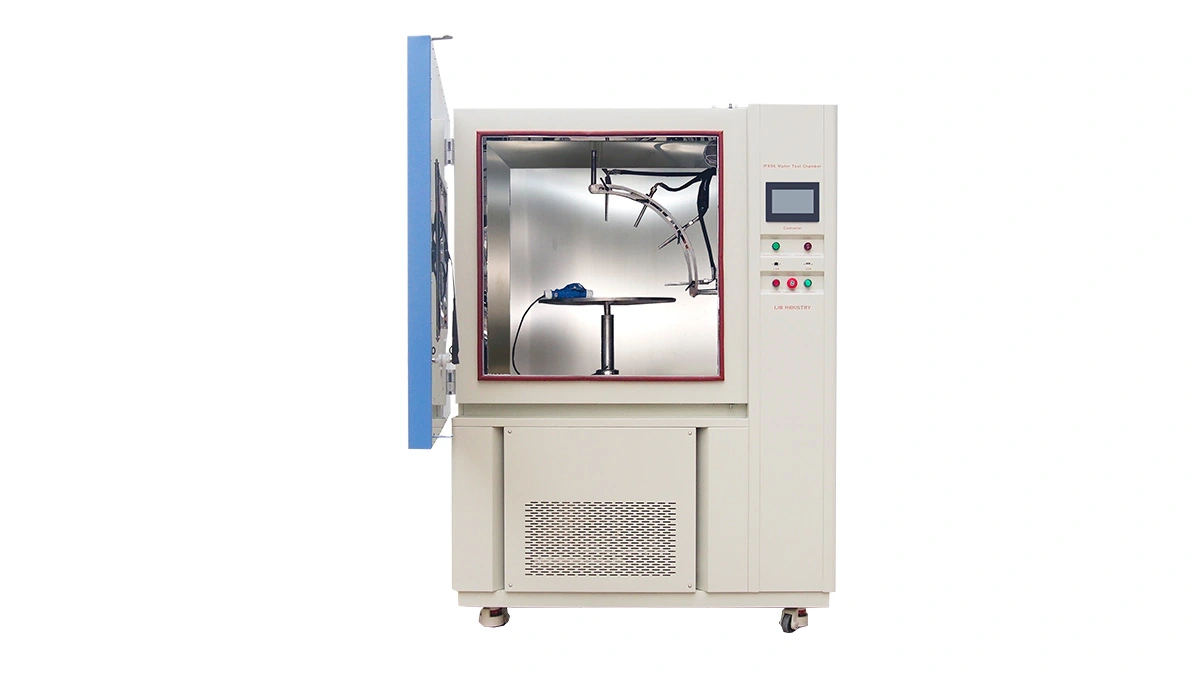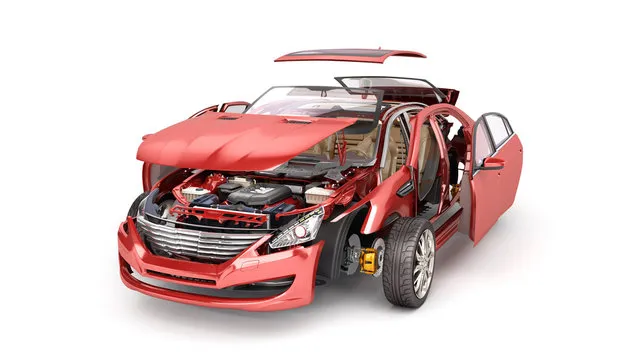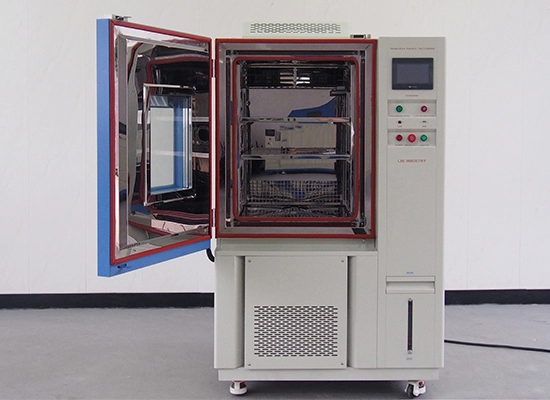
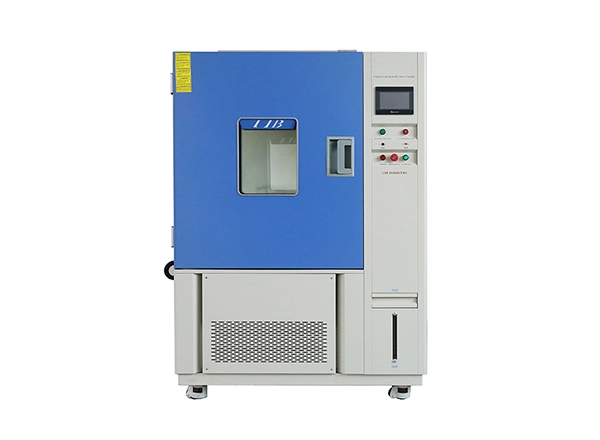
Rubber products are widely used in fields such as sealing rings, tires, shock absorbers and cable sheaths due to their excellent elasticity, wear resistance and flexibility. However, in the natural environment, rubber is highly vulnerable to damage from ozone (O₃) gas, leading to aging phenomena such as surface cracking, hardening, and performance decline, which directly affect its service life and safety.
So, how can we scientifically assess the tolerance of rubber materials to ozone? The answer is - ozone aging tests must be conducted, and the ozone test chamber is precisely the core equipment.
Ozone is a strongly oxidizing gas and often exists in the low-concentration environment of the atmosphere. Even a volume fraction of only 10 to 100 PPHM (10⁻⁶) can cause irreversible oxidation on the rubber surface. For commonly used materials such as ethylene propylene diene monomer (EPDM), natural rubber (NR), and styrene-butadiene rubber (SBR), they are prone to the following problems when exposed to ozone for a long time:
Microscopic cracks occur, leading to material fracture; The surface loses elasticity and forms "fish-scale-like cracks"; The mechanical properties of the material decline rapidly.
Therefore, by accelerating the ozone aging test, the possible changes of rubber in actual use can be predicted in a short time, and the material formula or production process can be optimized in advance.
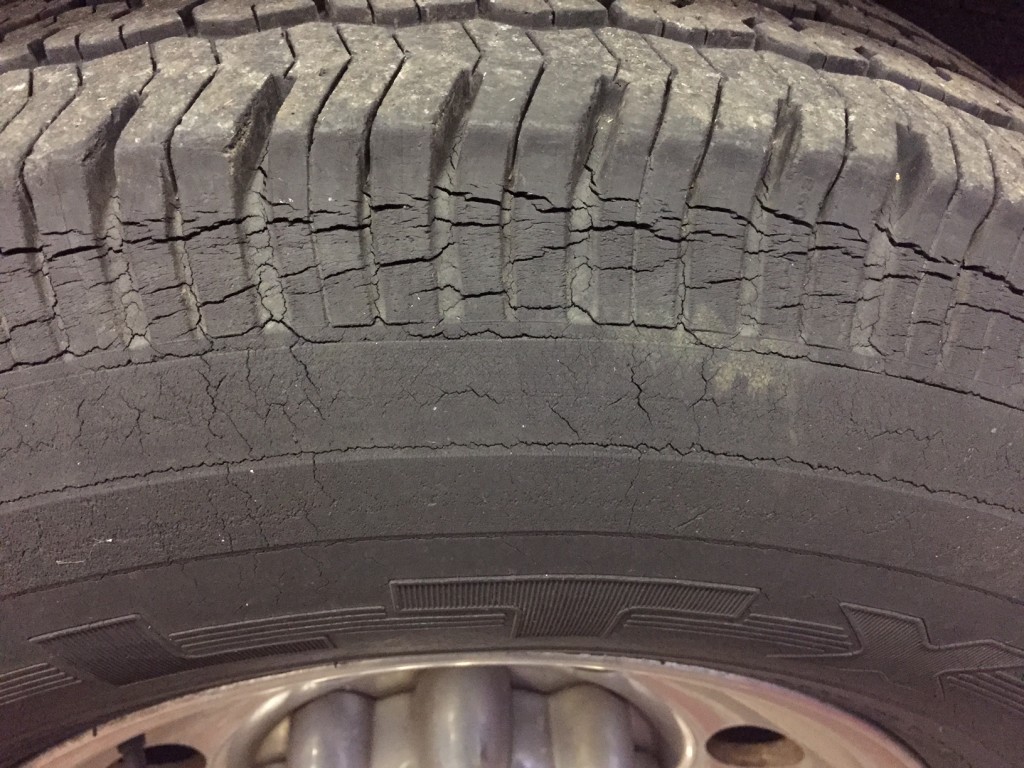
The ozone test chamber simulates and accelerates the ozone climate aging environment and is applicable to ISO 1431, ASTM D1149, etc. It can quickly assess the ozone resistance of rubber under different stress conditions under controllable ozone concentration, temperature, humidity and time Settings.
The ozone test is divided into two typical modes:
Static test: Test the development of surface cracks in unstretched rubber in an ozone environment;
Dynamic tensile test: It tests the cracking of rubber under specific stress (such as 10%, 30% elongation rate), which is closer to the actual working conditions.
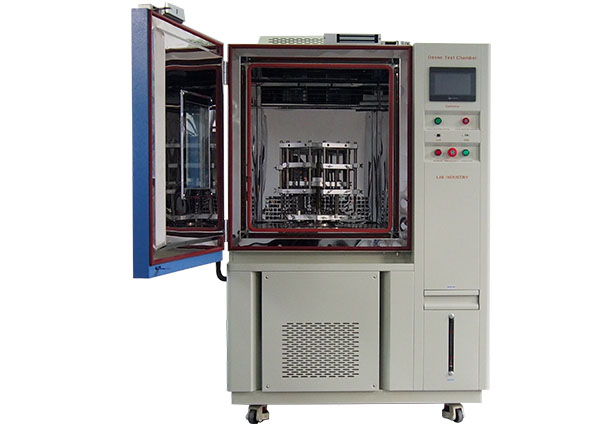
To meet the demands of high-precision and repeatable ozone aging testing, the LIB brand has launched a variety of standard models of professional ozone test chambers.
Model | OC-250 | OC-500 | OC-800 | OC-010 |
Interior Volume (L) | 250 | 500 | 800 | 1000 |
Temperature Range | 0℃ ~ +100 ℃ | |||
Temperature Fluctuation | ± 0.5 ℃ | |||
Temperature Deviation | ± 2.0 ℃ | |||
Humidity Range | 30% ~ 98% RH | |||
Humidity Deviation | ± 2.5% RH | |||
Cooling Rate | Ambient ~ 0℃ within 20 min | |||
Ozone Concentration | 1~1000PPHM | |||
Sample Holder Rotate Speed | 0~10 r/min | |||
Airflow Rate | 0 ~ 60L/min | |||
Clamps Tensile Stretch | 5%~35% | |||
Ozone generation is stable: corona discharge mode, with strong continuity;
System safety design: Equipped with over-concentration alarm and automatic exhaust system;
Support non-standard customization: Support customization of multi-station dynamic test fixtures.
LIB ozone test chamber, precise concentration control, stable and reliable, ensures the lifespan and safety of rubber products!Welcome to contact LIB for selection suggestions, technical materials or prototype demonstrations!
 English
English русский
русский français
français العربية
العربية Deutsch
Deutsch Español
Español 한국어
한국어 italiano
italiano tiếng việt
tiếng việt ไทย
ไทย Indonesia
Indonesia